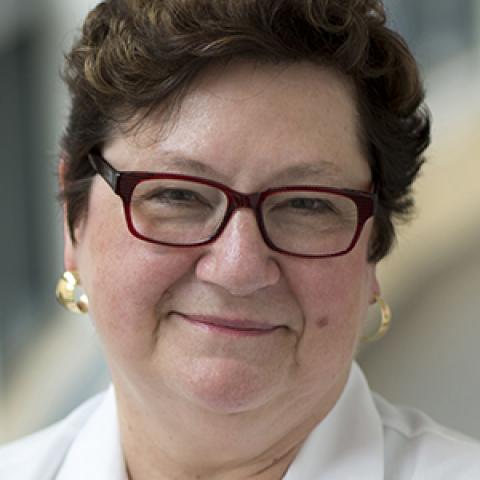This weekend we welcome 36 new students seeking the master of science degree in physician assistant studies, joining our first class from last year, which is now moving into clinical rotations. The new group will receive white coats, be charged with our expectation for excellence, and sent off on a rigorous, 27-month program of didactic and clinical work that will produce licensed, independent, professional physician assistants.
Years ago I was a student at Duke when the very first PA program was established there. Almost all of the enrollees were military corpsmen, many fresh from the battlefields of Viet Nam. They were spectacular – calm under stress, technically skilled, eager to learn, and keen to fit into the health care team. They were proud of their backgrounds, even though the country was ambivalent about the war that seasoned them, and they wanted to continue to save lives and promote health. I learned a great deal from these professionals, especially in my rotation in the emergency room. And I’m grateful to them for that part of my education.
A few years later I was an internal medicine resident at Duke, responsible for contacting referring physicians throughout North Carolina about patients of theirs referred to our institution. I often heard about the PA graduates from those doctors, usually unsolicited. They would say things like, “I guess you guys must be a heck of a doctor crew, because the fellow I hired from the PA school is so darn good.” (You can fill in the local vernacular – I’m writing for a family audience.) Or, “Now, Missy, I want you to go tell Dr. Stead (the founder of the PA program) that I think his program is absolute dynamite. I’ve been the only doc in these parts for 20 years, and up until last year when I hired my PA, I had not once been home on time for dinner. You tell him that we are a great team, and we take care of a lot of folks together.” Or, “I just want to thank Duke for sending me this fellow from the PA program. He makes life better for our patients and I’ve learned to trust him implicitly.”
I was inspired by the Duke PA students, and the physicians’ testimonials about them. When we at CWRU got to thinking about the looming physician shortage, it seemed only natural to think about developing our own PA program. It had to be excellent, of course. We had to take in only the best, and then train them rigorously, and in teams. I had the image of the best of the best as I remembered them at Duke. So, we set high standards for our students. They must have 1,000 hours of patient contact before they arrive in our program, as well as significant academic achievement, including organic chemistry, human anatomy, and the other sciences. Remarkably, the PA Class of 2019 averaged 3,257 hours of direct patient care including service as nursing assistants, emergency medical technicians, patient care technicians, paramedics, radiology technicians, physical therapy assistants, social workers, phlebotomists, pharmacy technicians, clinical research assistants, and nutritionists – triple the requirement!
The program itself is intense. Directed by Cindy Lord, who previously directed the number-five ranked PA program in the country at Quinnipiac University, the CWRU curriculum is rigorous and patient-oriented. Notably, our first-year students, directed by Cindy, have been among the most enthusiastic participants in interprofessional education.
So, if you encounter any of our PA students on the wards, in the clinic, or in the classroom, think of what they will do for us, and for our patients. Say hi and welcome them!


